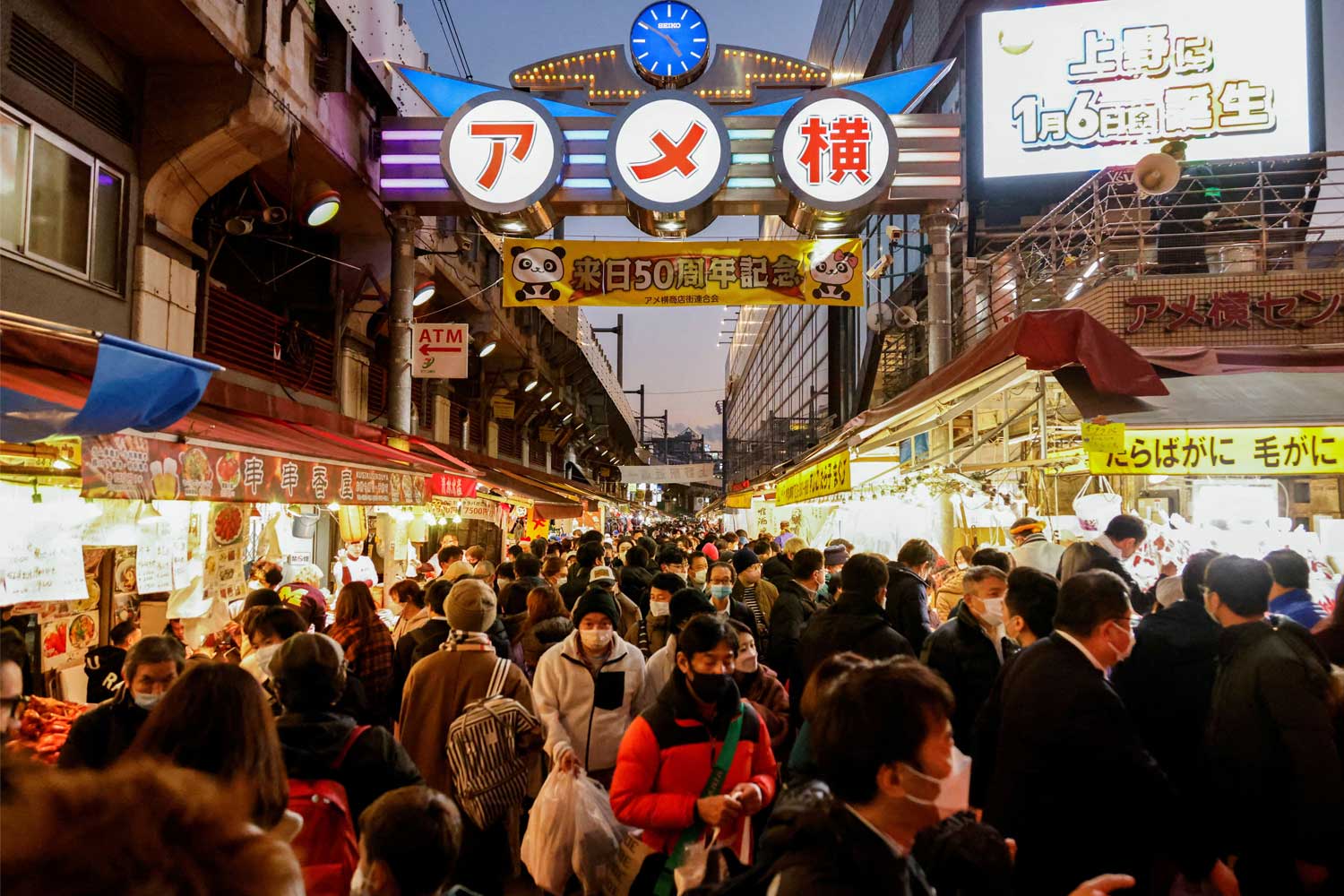
The number of newborns in Japan is decreasing at an alarming rate each year.
According to the government data, last year birth rates were record low as health ministry noted that 686,061 babies were born in 2024, a drop of 5.7% from the previous year.
Furthermore, newborns number fell below 700,000 for the first time since records began in 1899.
The rapidly ageing and shrinking population has also added concern about the sustainability of the economy.
Prime Minister Shigeru Ishiba has described the situation as "a silent emergency," while promising to promote more flexible working environment for married couples to balance work and parenting.
Low birth rates in Asian countries
Japan is one of the east Asian countries which is struggling with falling birth rates and an ageing population.
South Korea and China have also been encouraging families to have more children for years.
Along with that, Vietnam has also discarded its rule of two-children policy amid falling birth rates.
Younger generation reluctant to start family
Experts have also shed light on the growing number of young people not willing to marry and start a family.
Due to uncertain economic situation and cost of living, the younger generation do not particularly look forward to marry and have children.
Furthermore, the gender-biased corporate culture makes the balance between family and work life much harder for working mothers and women in general.
Notably, Japan's population of 124 million is expected to fall to 87 million in 2070.








